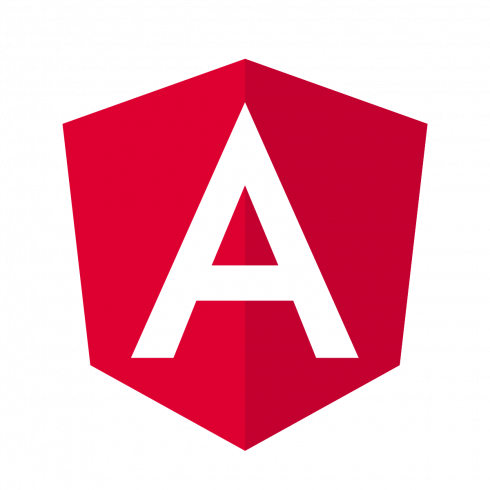
Runtime performance and better documentation are top priority for Angular developers. The Angular team recently reported its 2020 Developer Survey Results to find out how developers are doing with the mobile and desktop application framework, and where they can improve.
When looking at how developers are dealing with updates, more than half the respondents stated they had a smooth migration experience. Thirty-eight percent said the upgrade process was neutral and 8% found it hard. The survey ran after the release of Angular 9, which had the most significant changes to the framework since 2016. Since the survey, the team has released Angular 10 and Angular 11.
Additionally, most developers reported they were satisfied with the ease of updates from Angular. The most important areas of focus for developers were runtime performance, documentation, initial load performance, tooling and new features.
To make Angular faster, the team is currently working on adding “more fine-grained control over the innovation of change detection so that developers can trigger it only when required, Minko Gechev, senior developer relations engineer at Google, wrote in a post. More information about the update is on the frameworks’ roadmap under Zoneless Angular.
“Additionally, we believe that more people would be able to make their apps faster if we provide them the tools to understand their apps’ lifecycle — when and what triggers change detection, how much time Angular spends in user code, etc. A project in this space on the roadmap is Angular DevTools,” Gechev explained.
The survey also asked open ended questions for “promoters and detractors.” The detractors reported wanting to see improvements in documentation and ease of use. The promoters would also like to see improvements in documentation, and performance/load times.
Angular is currently working on improving developer onboarding, video guides and tutorials to help developers work with the framework.
“We’re continually striving to make Angular easier and more accessible to everyone. Working on the developer onboarding is going to have a vast impact on this. The removal of View Engine will also let us simplify some public framework APIs,” Gechev wrote.






